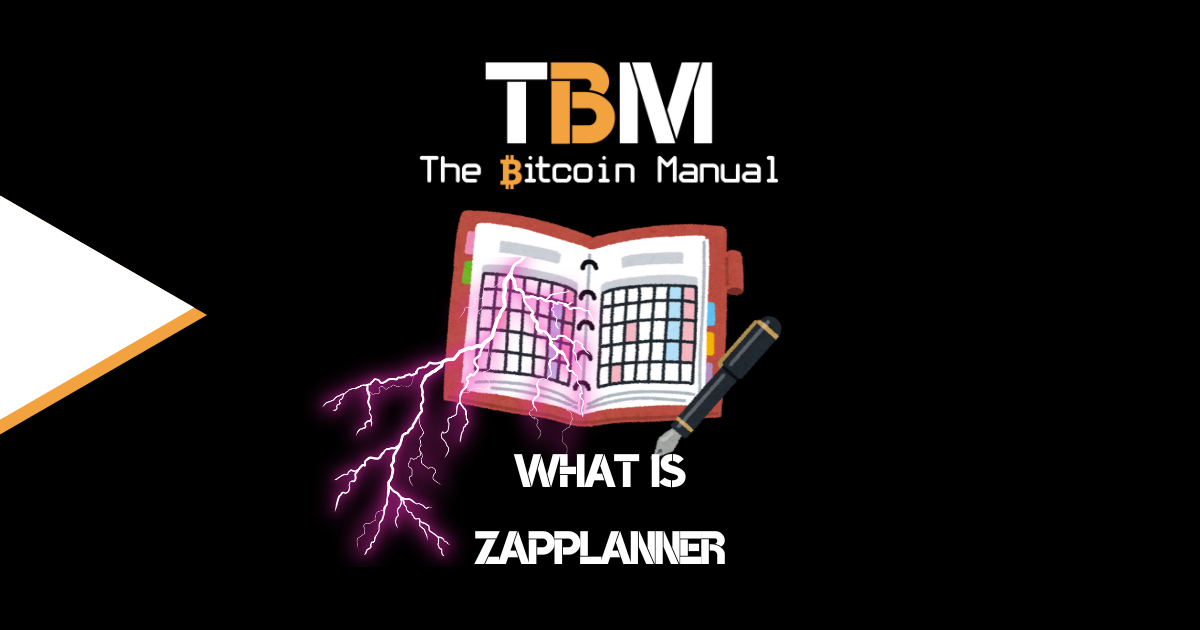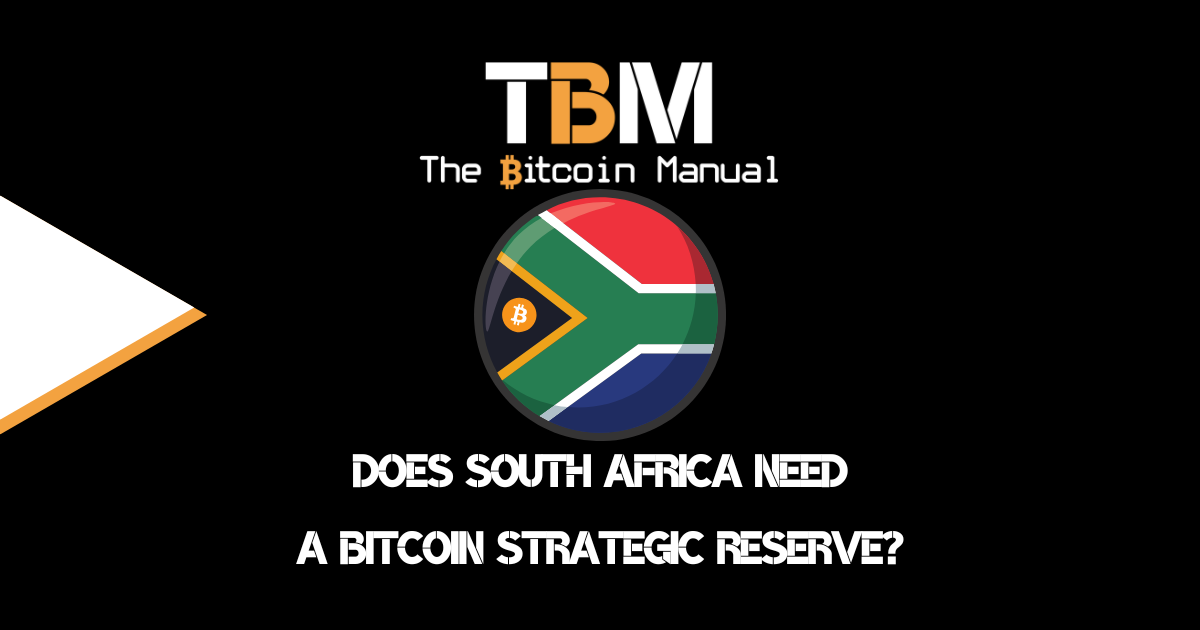The world is always in a constant state of flux, and as humans, we have to learn to deal with uncertainty. We build family units, neighbourhoods, cultures, support groups, and communities around a particular interest. We recognise that there is strength in numbers, not only in the number of people but in the number of accumulated resources, skills and labour.
The entropy can never be avoided despite what we humans may think. Some of us are lucky to have built shelters to keep out the elements and weather, both actual and metaphorical storms.
Your savings is your shelter.
As a shelter protects you from the rain, savings also protect you from certain harmful elements. Hence the adage, keeping something for a rainy day. Your savings are your excess productivity and can be stored in anything, a home, a stock, a currency, precious metals or Bitcoin. All of which have different levels of effectiveness in preserving wealth.
Regardless of the method, the principle remains the same; if something happened to you and your loved ones. Savings are there to cushion the fall. Sure it’s not a solution for every problem, but it provides you with the optionality to choose the best solution for the problem.
- If your child has a learning disability, don’t you want to give them the best chance to overcome it?
- If you’re injured, don’t you want the opportunity to get the best medical treatment?
- If your home is damaged, don’t you want to rebuild it better than it was before?
- If you see an opportunity to provide a product or service people want, savings can help you create it.
This is what savings were all about, to protect you from uncertainty. However, as we moved into a post-truth world under fiat currency, savings were eroded and replaced with debt. Consuming is rewarded while saving is punished due to the monetary debasement of currencies we are forced to use because of the region we find ourselves in at this time in history.
The more a nation saves, the more powerful it becomes.
When you have a nation of people who are prone to saving, they tend to take more risks. This means more innovation. More innovation drives lower prices, and you get more for less. When you save, you learn to distribute capital more effectively as the thing you get needs to be more valuable than saving.
You actively embrace deflation and have the resources to fund more deflation constantly. Soceity gradually becomes wealthier as everyone benefits from the improved capital allocation and the safety net that savers provide themselves and their soceity.
Savers follow their rational self-interest, but their self-interest also aligns with that of the collective. When you have a nation of savers, they can rely on themselves or their local community and see no reason to outsource decision making or give up their rights.
Savers are not exactly easily co-opted by governments and big businesses; you have to work for their vote or their purchase.
An attack on your defence.
Unfortunately, saving under a fiat system is near impossible for the average person. If you want to keep pace with inflation or beat it, you must head further out the rest curve and become an investor. As governments continue to print money, they attack your line of defence; your savings need to be risked in markets instead of being a haven for your productivity.
Fiat money forces you to take the risk or have your wealth removed from you. Most people don’t understand this, and it’s why the wealth transfer continues, and people holding currency or only earning from their labour find it harder to sustain a living, never mind combat the uncertainties of life.
When you live a life of uncertainty, there’s an incentive to spread uncertainty.
When you get pushed further into poverty and live in a constant state of uncertainty, you’re pushed to transfer that uncertainty unto others. That can manifest in scams and crimes, and when it comes to crime, no one knows as much about the topic as a South African.
In South Africa, we’ve become desensitised to uncertainty; I leave the house every day knowing there is a possibility I could be robbed or killed. I lock up my home before bed, ensuring everything is sealed, knowing that even these precautions could not be enough to be robbed or killed.
I’ve been a victim of crime many times, and it will probably continue as long as I am living here. We’re so desensitised that if you are a victim of a crime, the response is never on the criminal, but the responsibility is with you.
We’d say, why did you drive that way, why didn’t you check before you made that turn, etc. We’ve accepted it as a part of life and an additional tax we have to pay.
As the government continues to push more people into a life of uncertainty, that volatility can only be held down by welfare and other stop-gap measures for so long. Eventually, it manifests in pockets and then blows up into a full-on movement or worse, civil war.
The more uncertainty you drive by taking away peoples ability to save, the more radical they will become as they cannot take living with uncertainty.
Forced redistribution is not the answer.
When you have no savings, you live on the edge, with anxiety and constantly chasing the next paycheque. Eventually, you fall behind, and when you do, you look at those with certainty in savings with a sense of jealously.
It’s why we see this hate for the wealthy, sure there is a misallocation of resources and ill-gotten gains in the system, but that doesn’t mean we should advocate for the forced removal of property.
As someone who has seen the generational effects of forced removal of property through the group areas act of 1950, I know how impactful stealing assets from people can be and how long it can take them to recover, if ever. I could never justify the forced removal of property and wealth. That is a crime and will always be a crime regardless of the motivations.
When a property is forcibly removed, we all lose, the social contract is broken, and it’s hard to regain that trust. Investors pull out their capital and savings, and soon you find yourself faced with even more significant issues.
Bitcoin is my savings.
Having looked at all the options, I can access or afford to use, Bitcoin has been without a doubt the best savings technology I can find. The more stake I acquire, the more confident I become and the more hopeful I am for the future. Bitcoin gives me the motivation to work; it provides me with optionality for the future.
It achieves this through the fact that the supply is hard-capped and running my node; I can verify all of this and have no doubt that the coins I own are mine to hold. No one can take them from me or debase them, and having that level of certainty is a blessing when you’ve lived under uncertainty for so long.
Has Bitcoin changed South Africa? Absolutely fucking not; most people don’t even know it exists.
All it has changed is my outlook.
Sure, things are bad and sure, things could get a lot worse, but if it does, I will have resources that are internationally recognised, and I can use this Bitcoin anywhere.
My wealth stays with me until I die.





One Response
Bitcoin really provides certainty at a time where it’s peak uncertainty. You still need to ensure you do everything you can to protect your Bitcoin savings but there are many ways to upgrade your security. Once a few things click about Bitcoin, it will definitely change your outlook.